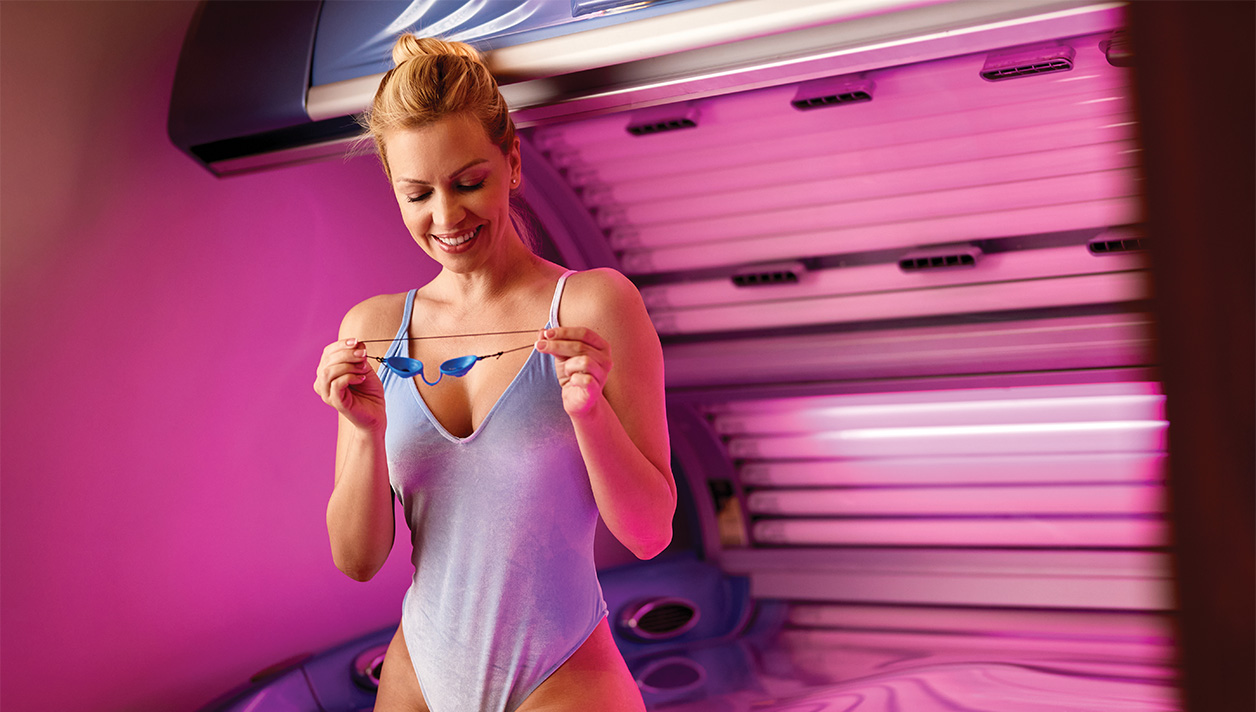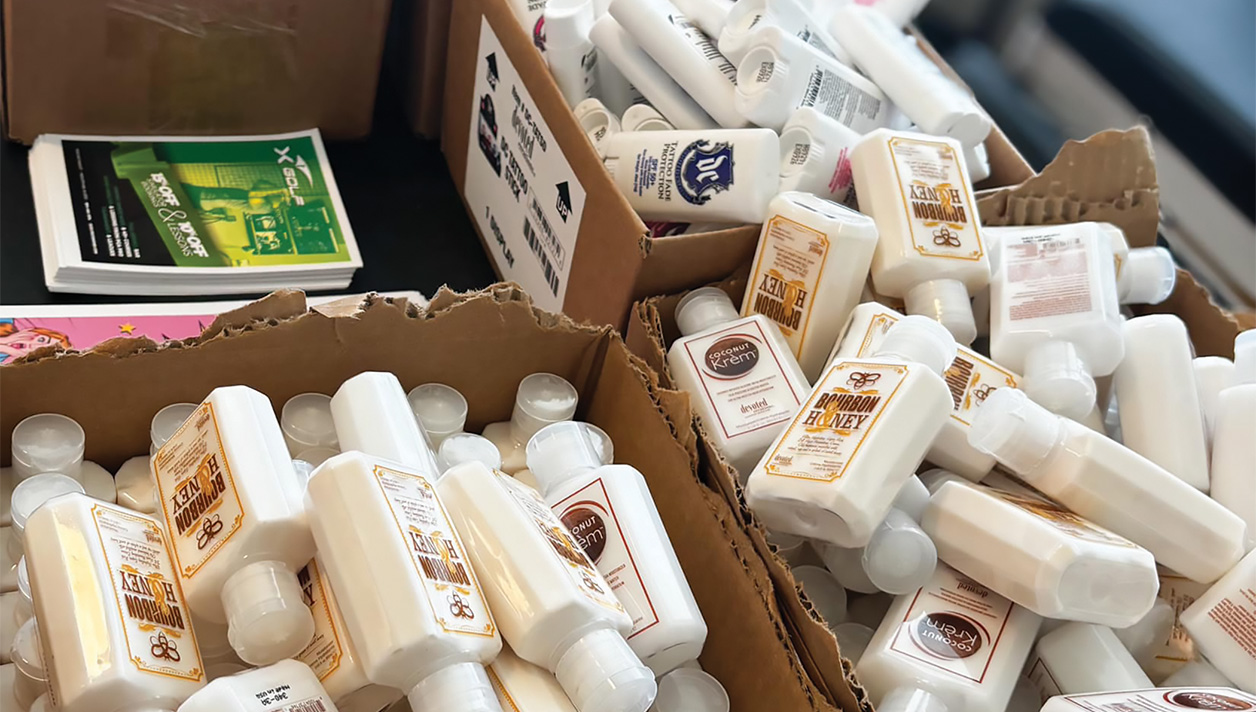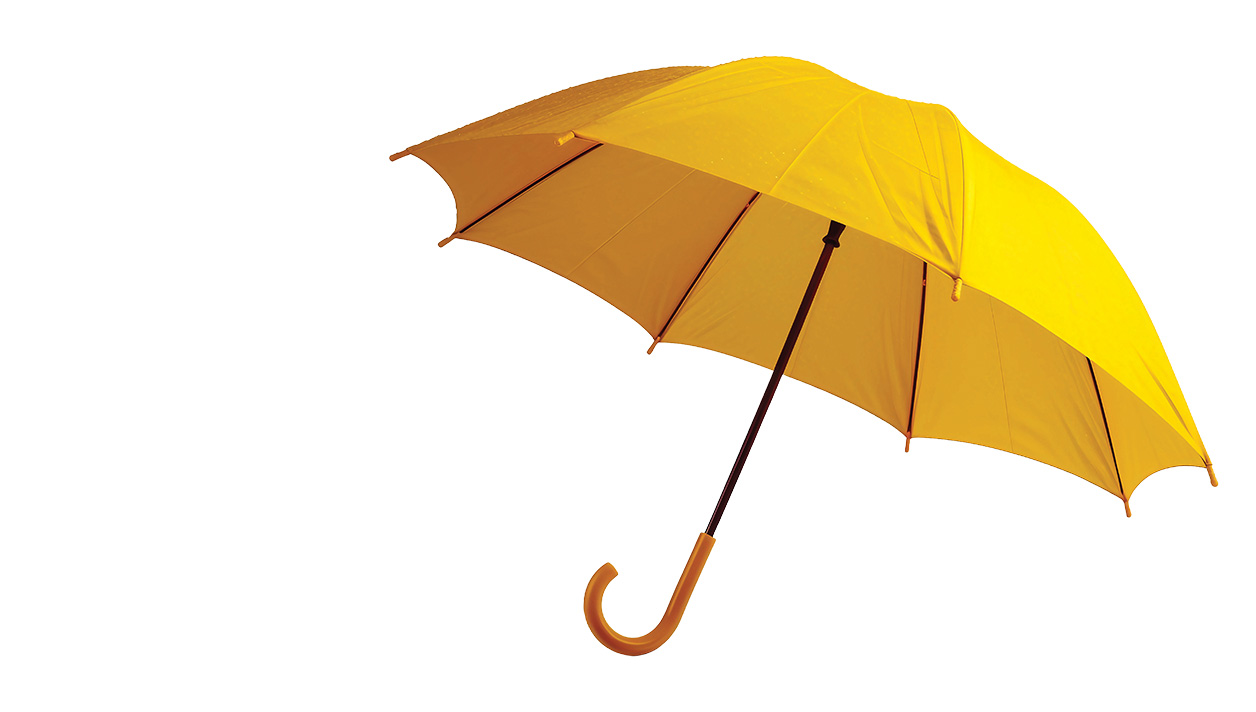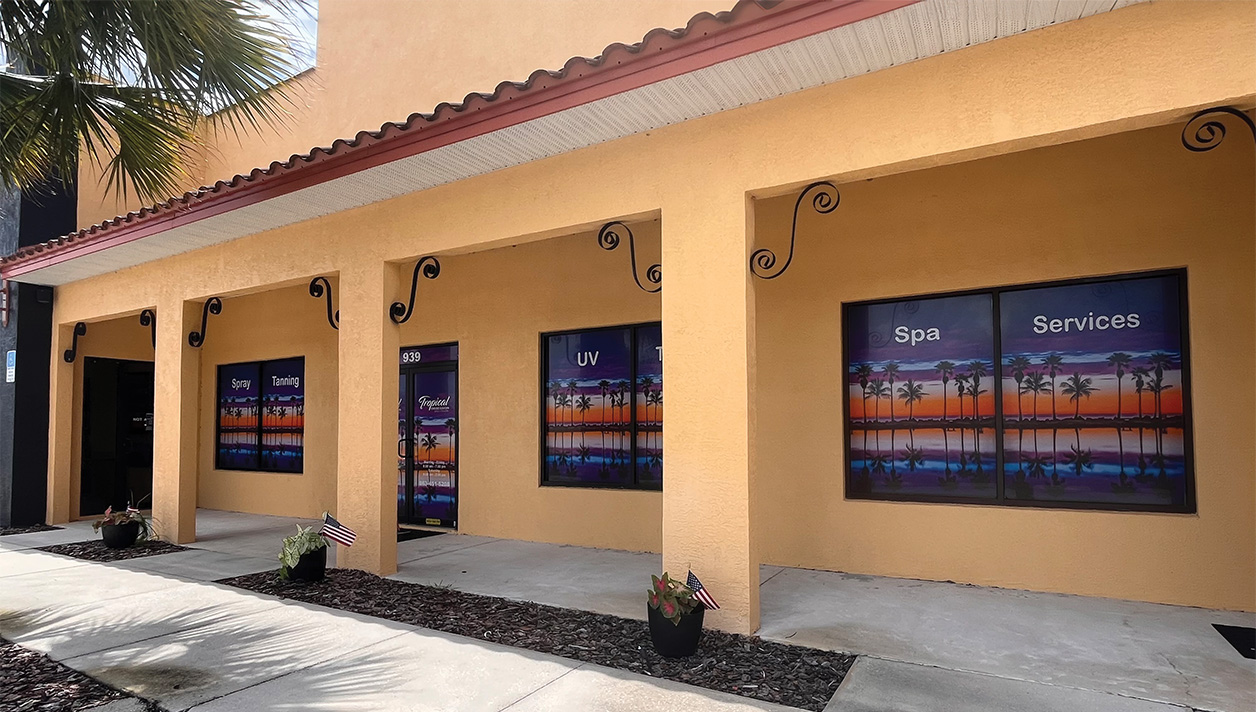Quick pronunciation lesson (so we don’t sound silly like I have for the last two years): buh-koo-chee-all
Hailed as a gentle and natural alternative to retinol, bakuchiol is one of skincare’s trendiest ingredients – with the same skin-healing and acne-fighting benefits. It’s even backed up by scientific proof.
Hailed as a champion of anti-aging, retinol (the vitamin A-powerhouse) is proven to speed up our skin cells’ turnover. The result? Fine lines are diminished, dark spots are treated, and blackheads and whiteheads are minimized. New skin cells regenerate with plumpness, radiance and a more even tone and texture.
The skincare gurus say retinol is one of only four “magic” ingredients we really need, along with fatty acids, vitamin C and SPF. Commonly found in over-the-counter products, retinol can also be prescribed in higher concentrations by dermatologists.
Use of retinol also has a downside. If you have sensitive skin, that turbo-skin cell rejuvenation can create dryness, flaking, redness and inflammation, which is why your bronze-seeking beauties should introduce retinol into their regimen gradually – either by slowly increasing usage or even by creating a protective barrier with a good moisturizer or serum.
According to the derma community, bakuchiol has similar transformative powers. A gentler alternative to retinol, it is a natural, plant-based extract that carries no risk of causing redness, dryness and irritation. Fun Sales Fact: In the last two years, Google searches for bakuchiol are up 275%!
Sound interesting? Here’s what you and your sales team need to know about retinol’s more laid back, skin-loving sister:
Bakuchiol Quick-tip Benefits Guide
What is bakuchiol?
Cold pressed from the seeds and leaves of Eastern Asia’s babchi plant (Botanical name psoralea corylifolia), bakuchiol has been a mainstay in traditional natural Chinese skin-healing treatments for centuries.
It boasts powerful antioxidant, anti-inflammatory and antibacterial properties – the same characteristics that have led scientists to take a closer look at it in recent years.
Totally different from retinol, it doesn’t come from vitamin A but its effect on skin is very similar – hence the term “retinol alternative.”
How does it benefit your skin?
It can help improve skin brightness and uneven skin tone, increase plumpness, shrink large pores, boost firmness, smooth texture and diminish fine lines. Pretty much all the same benefits as retinol without all the irritation.
A study completed in California, Michigan, Florida and Pennsylvania documented the effect on 44 participants who used either bakuchiol or retinol. After 12 weeks, both showed a reduction in wrinkles and dark spots but as expected, the retinol users reported far more cases of red, blotchy skin irritation. Another study showed it to be highly effective for treating acne, as well.
Bakuchiol stimulates a number of chemical pathways in skin cells that help to improve collagen production, reduce collagen breakdown and reduce melanin (pigment) synthesis. The end result of regular use seems to be an improvement in fine lines, wrinkles and hyperpigmentation commonly observed in the skin’s natural ageing process.
Is it for all skin types?
Yes – whether you’re dry, oily or sensitive!
Is bakuchiol safe during pregnancy?
Pretty much the rule for retinoids in all forms, it’s not advisable to use them if you’re pregnant or breastfeeding. (Studies have shown that taking vitamin A in high doses during pregnancy can be harmful.) While applying it topically hasn’t been proven to cause problems in pregnancy or breastfeeding, doctors recommend avoiding it.
With bakuchiol, experts say there’s not yet enough evidence to confirm either way. Since it’s natural, most say it is safe to use while you’re pregnant or breastfeeding – a major advantage over retinol.
Many tanning and beauty products now feature this retinol alternative. Find those products, promote them in your salon … and happy selling!




























